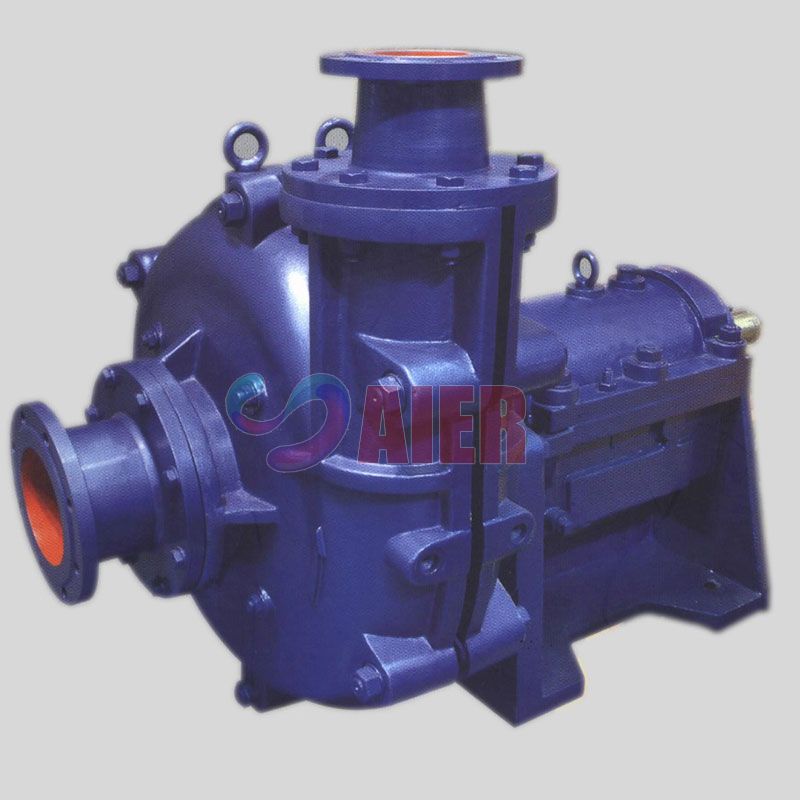Sep . 03, 2024 04:37 Back to list
Slurry Pump Casing Manufacturers | High-Quality Pump Solutions
Understanding Slurry Pump Casing Factories An Insight into Manufacturing Processes and Importance
Slurry pumps are essential equipment widely used in various industries, including mining, construction, and wastewater treatment. They are designed to handle abrasive and corrosive materials, which often consist of a mixture of liquids and solids. At the heart of the slurry pump is its casing, an integral component that influences the pump's efficiency, durability, and overall performance. In this article, we will explore the significance of slurry pump casing factories and the processes involved in manufacturing these essential components.
The Importance of Slurry Pump Casings
The casing of a slurry pump serves multiple critical functions. First and foremost, it provides a robust structure that houses the impeller and other internal components. The casing must be constructed from materials that can withstand the erosive and corrosive nature of the slurry, which may contain abrasive particles or chemically aggressive substances. This durability ensures the longevity of the pump, minimizing the need for frequent replacements and repairs.
Moreover, the design of the casing impacts the flow characteristics of the slurry. A well-designed casing can optimize the pump's efficiency, ensuring that it operates within the desired performance parameters. This efficiency is crucial for minimizing energy consumption and operational costs, which are significant concerns for industries relying heavily on slurry pumps.
Manufacturing Processes in Slurry Pump Casing Factories
The manufacturing of slurry pump casings involves several key processes that ensure the production of high-quality, reliable components
.1. Material Selection The first step in the manufacturing process is selecting the appropriate materials. Common materials used for slurry pump casings include high-chromium alloys, rubber-lined steel, and cast iron. The choice of material depends on factors such as the type of slurry, operating conditions, and budget constraints.
slurry pump casing factories

2. Casting Once the material is selected, the next step is casting. This process involves pouring molten metal into molds that shape the pump casing. Investment casting and sand casting are commonly used techniques, each suited for different requirements. Quality control at this stage is crucial to ensure that the casting is free from defects and meets engineering specifications.
3. Machining After the castings have cooled and solidified, they undergo machining to achieve precise dimensions and finishes. CNC (Computer Numerical Control) machines are often employed to mill, drill, and turn the casings to exact specifications. This step is vital to ensure that the casing fits perfectly with other components of the pump and maintains the desired flow characteristics.
4. Surface Treatment To enhance the durability and resistance of the slurry pump casing, surface treatments such as hardening, coating, or painting are applied. These treatments protect the casing from wear and corrosion, extending the life of the pump.
5. Quality Assurance Before the casings are dispatched for assembly, rigorous testing and quality assurance procedures are conducted. This may include pressure testing, dimensional inspections, and material testing to ensure that the casings meet industry standards and client specifications.
The Future of Slurry Pump Casing Manufacturing
As industries continue to evolve, the demand for more efficient and durable slurry pump casings will grow. Innovations such as advanced materials, improved manufacturing techniques, and smart technologies are expected to reshape the slurry pump casing market. Manufacturers will need to adapt to these changes by investing in research and development to stay competitive.
In conclusion, slurry pump casing factories play a vital role in the production of essential components that serve various industrial applications. Through a combination of material selection, advanced manufacturing processes, and stringent quality control, these factories contribute significantly to the efficiency and reliability of slurry pumps, ultimately supporting the productivity of industries worldwide.
-
Wholesale Slurry Pump Closed Impeller Supplier High Efficiency China Slurry Pump Closed Impeller
NewsJul.06,2025
-
High Quality Warman Slurry Pump Drawings Supplier & Factory Reliable Customization
NewsJul.06,2025
-
China SP Slurry Pump Supplier – Vertical Sump Pump Rubber Lined Manufacturer & Factory
NewsJul.05,2025
-
High Quality Submersible Slurry Pump with Agitator Manufacturer & Factory Reliable Submersible Pump Solutions
NewsJul.05,2025
-
Cheap Dredge Pump for Sale – China Cheap Submersible Pump for Wastewater Supplier
NewsJul.05,2025
-
Wholesale Casting Dredge Pump Part - High Quality China Manufacturers & Suppliers
NewsJul.04,2025
